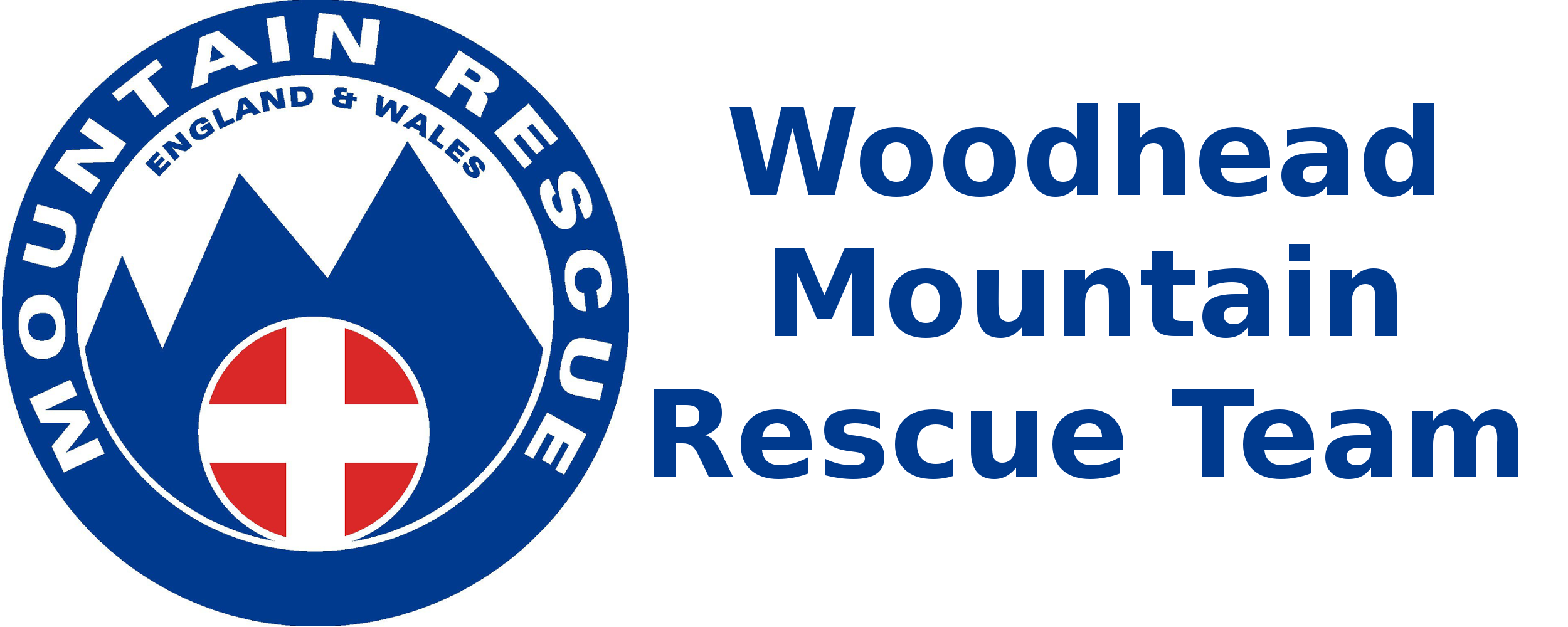To be able to provide life saving assistance in a hostile environment requires a significant amount of knowledge and expertise. Consequently all of our new volunteer members undergo a rigorous induction and training programme, and existing team members undergo periodic re-assessments of their skills. Typically, the whole team trains every Monday evening as well as periodically doing a full day’s training at weekends. New members often train more than one evening in the week.
Training is split into a number of different areas: Casualty Care; Core Skills and Water.
Core Skills
All team members must be competent in the core skills, which are assessed over three primary areas: Rope work; Navigation and Search.
For rope work we periodically assess our ability to deal with all of the fundamentals of rope based rescues such as safety, applicable knots, rigging ropes for different scenarios including personal abseil and lowering a load. We also train for other more complicated scenarios such as hauling a load and crossing obstacles or hazardous ground.
Navigation is a key part of our skill set and all team members are excellent navigators, confident to accurately navigate open ground in any weather conditions, night or day using map and compass. Whilst we will also use electronic navigation aids which are helpful when we are on a call-out, we are not reliant upon them.
Searching requires a lot of knowledge and practice to be able to successfully cover an are of open ground with a high degree of confidence in any conditions. Knowledge of typical missing person behavior patterns also play a part in how we plan and prioritize searches. We have to be able to trade off speed with effectiveness and often deploy search teams with different but complementary objectives, for example we may perform a hasty search using a small number of runners along all obvious footpaths in an area whilst also deploying a larger team to perform a more rigorous area search.
Casualty Care
Casualty care training within the team is optional, but the majority of team members elect to become certified casualty carers. For one thing, the training provides valuable skills that are often deployed to save lives outside of Mountain Rescue activities.
Water
All team members are trained in basic water awareness, which is important as a lot of our work is carried out alongside stretches of water. Team members can also train up to a higher level of capability as either a bank responder or even swiftwater rescue technician.
Other Training
In addition to the above skills, members of the team may also undertake training for specific team roles, such as driving, section leadership, incident command and control etc.

